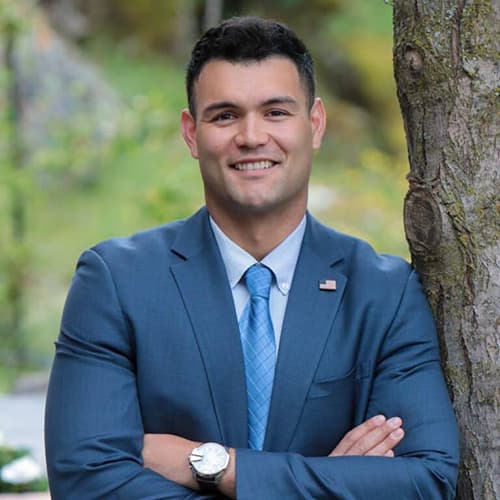California Assembly Bill 495, the 'Family Preparedness Plan Act,' Faces Opposition Over Parental Rights Amidst Senate Review

Sacramento, California – Assemblyman David Tangipa (R-Fresno) has voiced strong opposition to California Assembly Bill (AB) 495, known as the "Family Preparedness Plan Act of 2025," as the controversial legislation advances through the state Senate. Tangipa, a Republican representing District 8, warned that the bill, which aims to expand caregiver authority and establish new guardianship options, could have far-reaching implications beyond California's borders.
In a recent social media post, Assemblyman Tangipa highlighted his concerns, stating, > "When the supermajority grabs more power, laws like AB 495 don’t just stay in California—they set the stage to go national. And if that happens, there’s nowhere to run." Tangipa, a freshman Republican elected in 2024, represents California's 8th Assembly District and has been an outspoken critic of policies he views as infringing on local control and individual liberties. His political platform often emphasizes fighting against what he describes as "environmental lunacy" and advocating for "affordable rural living," aligning with his concern over the state's legislative direction.
Authored by Assemblywoman Celeste Rodriguez, AB 495 seeks to provide legal mechanisms for families to designate caregivers for children during temporary parental absences, particularly in cases of immigration detention, incarceration, or serious illness. Proponents, including the Alliance for Children's Rights, argue the bill ensures stability for vulnerable children by allowing trusted adults, including "nonrelative extended family members" like teachers or close family friends, to make critical decisions regarding school enrollment and medical care through an expanded caregiver's authorization affidavit. The bill also introduces a "short-term joint guardianship" process, designed to maintain parental rights while a nominated guardian assumes temporary care.
Despite its stated intent, AB 495 has drawn significant criticism from parental rights advocates and conservative groups such as the Home School Legal Defense Association (HSLDA) and the California Family Council. Critics contend that the bill's broad definitions for non-relatives caregivers and its provisions for temporary guardianship could erode fundamental parental rights, with some initially claiming it would allow non-relatives to "take custody" without parental consent. However, proponents and legal analyses clarify that the bill does not grant legal custody and is intended for children already residing with the designated caregiver, aiming to prevent child trauma during parental absence.
Having successfully passed the Assembly, AB 495 is currently under review in the Senate Appropriations Committee, where it was recently referred to the suspense file. The bill's progression continues to be a focal point of debate in the California Legislature, underscoring the deep divisions over issues of state authority, family autonomy, and immigration policy.